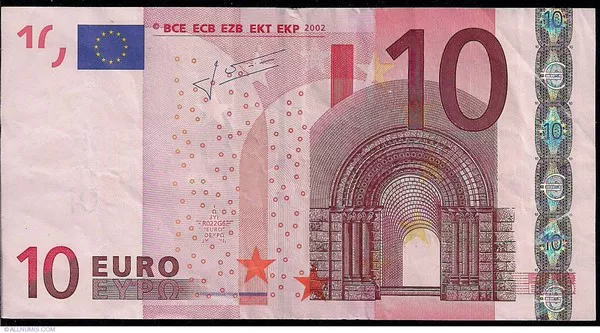A Comprehensive Guide to Europe’s Single Currency
The euro is the official currency of 19 out of 27 European Union (EU) member states. It is the world’s second-largest reserve currency after the US dollar and is widely used for international transactions. In this article, we will take a closer look at how the euro works, its history, and its impact on the EU economy.
History of the Euro
The idea of a single currency for Europe dates back to the 1950s when the Treaty of Rome was signed, which established the European Economic Community (EEC). However, it wasn’t until the Maastricht Treaty in 1992 that the groundwork was laid for the creation of the euro. The treaty outlined the criteria that EU member states needed to meet to join the eurozone, such as maintaining low inflation rates, stable exchange rates, and low budget deficits.
After many years of planning and negotiation, the euro officially came into existence on January 1, 1999, with 11 countries adopting the currency. These countries were Belgium, Germany, Spain, France, Ireland, Italy, Luxembourg, the Netherlands, Austria, Portugal, and Finland. Greece joined the eurozone in 2001, followed by Slovenia in 2007, Cyprus and Malta in 2008, Slovakia in 2009, Estonia in 2011, Latvia in 2014, and Lithuania in 2015.
The Benefits of a Single Currency
One of the main benefits of a single currency is the elimination of currency exchange costs and risks for businesses operating across borders. This has facilitated trade and investment within the EU, leading to increased economic growth and job creation. Additionally, the euro has helped to reduce transaction costs for individuals traveling or doing business within the eurozone.
Another benefit of the euro is that it provides greater price transparency for consumers. Before the euro, prices in different currencies could be confusing and difficult to compare. Now, prices for goods and services can easily be compared across the eurozone, making it easier for consumers to make informed purchasing decisions.
How the Euro is Managed
The euro is managed by the European Central Bank (ECB), which was established in 1998 as part of the Maastricht Treaty. The ECB’s primary goal is to maintain price stability within the eurozone, which it does by setting interest rates and implementing monetary policy.
In addition to the ECB, the euro is also governed by the Eurogroup, which consists of the finance ministers of the eurozone countries. The Eurogroup meets regularly to discuss economic policies and coordinate responses to financial crises.
The Stability and Growth Pact (SGP) is another important aspect of eurozone governance. The SGP is a set of rules that aims to ensure that member states maintain sound fiscal policies and avoid excessive budget deficits. Under the SGP, member states are required to keep their budget deficits below 3% of GDP and their debt-to-GDP ratios below 60%.
Criticism of the Euro
Despite its many benefits, the euro has faced criticism over the years. One of the main criticisms is that it has led to an erosion of national sovereignty, with member states having less control over their own monetary policy. This was highlighted during the 2008 financial crisis when some eurozone countries, such as Greece and Ireland, were unable to devalue their currencies to boost exports and stimulate their economies.
Another criticism is that the euro has resulted in diverging economic performance among member states. Some countries, such as Germany and the Netherlands, have performed well economically since joining the eurozone, while others, such as Greece and Italy, have struggled. This has led to tensions between member states and raised questions about the sustainability of the eurozone.
Conclusion
Overall, the euro has been a significant achievement for the EU, facilitating trade and investment and providing greater price transparency for consumers. However, it is not without its challenges, particularly in terms of maintaining economic stability and ensuring that all member states benefit from membership. As the eurozone continues to evolve, it will be important to address these challenges and ensure that the benefits of a single currency are shared by all member states.


